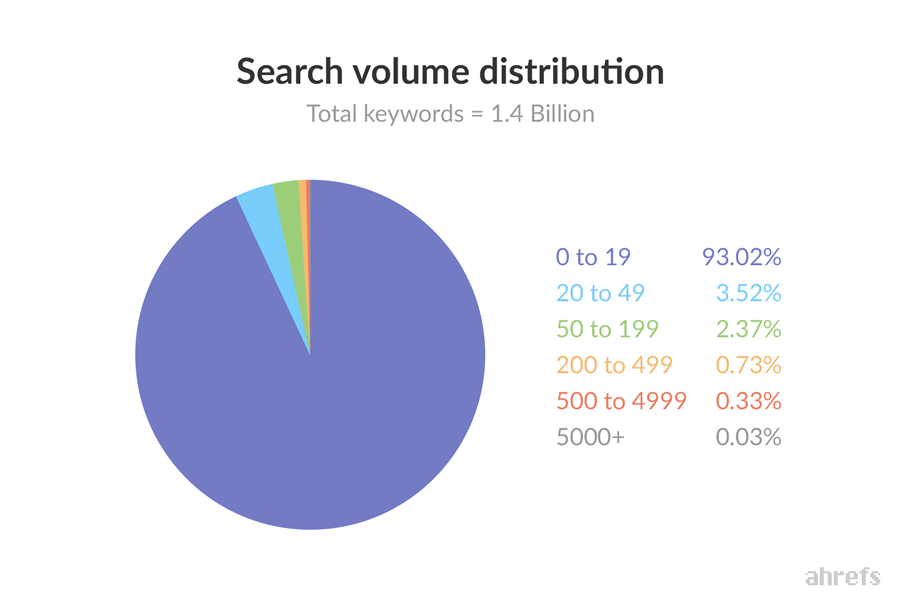Search engine optimization is exciting to some, interesting to others, and mystifying to many. Today, we answer three common questions around SEO — and even offer up a few tips to consider for your organic strategy.
How long does it take for SEO to work?
SEO is never a “one and done” approach. If an agency recommends a one-time implementation of writing new title tags & meta descriptions, for instance, but makes no recommendation for ongoing organic efforts, you’re not going to see the full SEO results you want, and will need a more holistic strategy.
Many SEO professionals have long said that SEO takes time. A new set of tags on your site isn’t going to boost your rankings overnight. In fact, without incorporating a larger organic strategy that includes on-page and off-page efforts, a new set of tags probably won’t boost your rankings at all.
According to Maile Ohye, a Developer Programs Tech Lead at Google, the SEO professionals who have explained that organic efforts take time to work are right. Around 1:41 in the video below, she explains that it takes about 4 months to a year for an SEO “to first implement improvements and then see potential benefits.”
Though it takes time — having an organic strategy in place is important. Organic still does the best job of delivering relevant traffic to your site, where users are more likely to engage with you as a brand than they would coming from, say, a Facebook post to an article on your site.
An SEO program that measures its efforts and adjusts accordingly is a strong one. Things like ongoing content creation, on-site optimization, and off-page efforts will ultimately provide the best results.
How can I rank #1 or on the first page for my top keyword?
The short answer to this is that there is no one way or magic formula.
Search Engine Ranking Algorithms are complex — and take into account a multitude of different factors. The most important factor is absolutely quality content. Comprehensive, relevant, and engaging content that naturally drives links (i.e. share-worthy!) has long been the driving factor for organic search performance.
I’ve found that specifically, data-driven content featuring statistics and graphs, for instance, tends to perform well. It also almost always tends to perform better than purely anecdotal content. That’s because people like uniquely valuable information that they can’t get anywhere else.
When your content is descriptive and useful, search engines can associate your site with your industry, and then associate you as a trusted resource in that industry (if people are engaging and linking, etc.). When content is uniquely valuable, people are more likely to engage, link, and share! Ultimately, the combination of these things (plus other factors, of course) leads to higher rankings.
The bottom line is, to quote Maile Ohye, “Doing what’s good for SEO is also doing what’s good for your online customers.”
Should I always target the keywords with the most search volume?
It’s easy to see a keyword in your industry that garners thousands of searches per month and think, “that’s what I need to rank for!”
The reality is, long-tail keyword searches make up the majority of searches. In fact, according to a study from Ahrefs, 93% of searches see only 0-19 searches per month.

The searches that exist in the long-tail also often convert better. One of my favorite examples around that point is something I saw in Moz’s SEO training when I first began learning SEO. They explain that if your company sells shoes, it probably seems pretty attractive to rank well for a term like “shoes” that gets thousands of searches a day. However, they go on to explain:
“A person searching for “shoes” is probably browsing, and not ready to buy. On the other hand, someone searching for “best price on Air Jordan size 12” practically has their wallet out!”
Performing thorough keyword research and identifying the right types of keyword phrases to target is an essential part of SEO.
Finding an SEO consultant who can address all the items discussed here and much more can seem daunting. Here at Enilon, we can walk you through an in-depth approach to improving overall organic performance for your site — pleasing search engines, but more importantly, pleasing your customers. Contact us today to let us know what other SEO questions you have!


